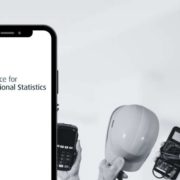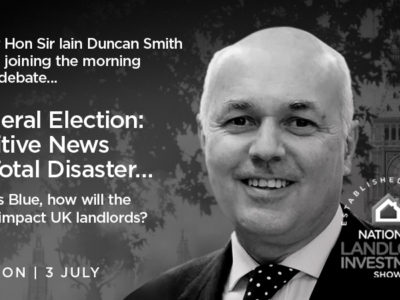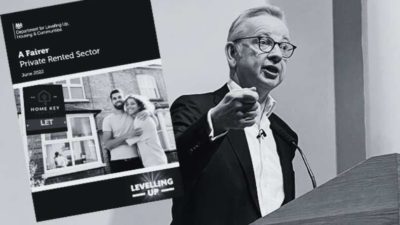The value of prime properties in London recorded its mildest price decline since the EU referendum in June 2016, according to research by real estate adviser Savills. Prices fell 0.3 per cent in the three months to March 2019. On an annual basis, prices have fallen 2.5 per cent.
The milder decline in the first quarter of 2019 comes after several years of falling prices in the London prime property sector. Prices had peaked in 2014 and are now 11.9 per cent lower as of March 2019, Savills claimed.
The evolution of prime property prices shows great divergence between inner and outer London. Savills reported that Central London prime property is now worth 19.4 per cent less than it was during the 2014 peak.
Outer London has also seen price declines in the sector, but to a lesser extent. Outer London properties are now 8.3 per cent below the 2014 peak.
Savills reported that prime property in areas of London commonly associated with European buyers, including Kensington, Notting Hill and Holland Park, had seen stable prices in the first quarter of 2019, as well as a milder annualised decline of just 1 per cent, when compared to the overall prime market in the capital.
Fairer value for buyers
Lucian Cook, head of UK residential research at Savills, believes the repricing serves as an opportunity, saying: “Uncertainty aside, this leaves prime London looking relatively good value and some buyers, particularly those in the most expensive central postcodes, are sensing a market that could be at or close to its bottom.”
London has the highest-valued average property prices of any English region, according to data from the Office for National Statistics (ONS), so any repricing, especially in the higher end of the market, can be significant.
Cook examined fair pricing further, adding: “Good property that is appropriately-priced has continued to trade, but it has required great pragmatism from buyers and sellers and a significant narrowing of the gap between the price expectations of those in the market.”
Brexit resolution uptick
Uncertainty stemming from ongoing Brexit negotiations has led to a wait-and-see approach among buyers, according to Savills. Despite this, Cook claimed that “There is a sizeable growing pool of demand developing among buyers.”
Amidst growing demand but a lack of immediate action owing to uncertainty, Cook expected that “this demand could translate into an uptick in transactions once there’s clarity, but that’s unlikely to be matched by price growth in the short term.”
The findings from Savills come as surveys from property experts Zoopla claimed that average house prices were beginning to rise again in all 20 urban areas they surveyed for the first time in three years.




















Comments